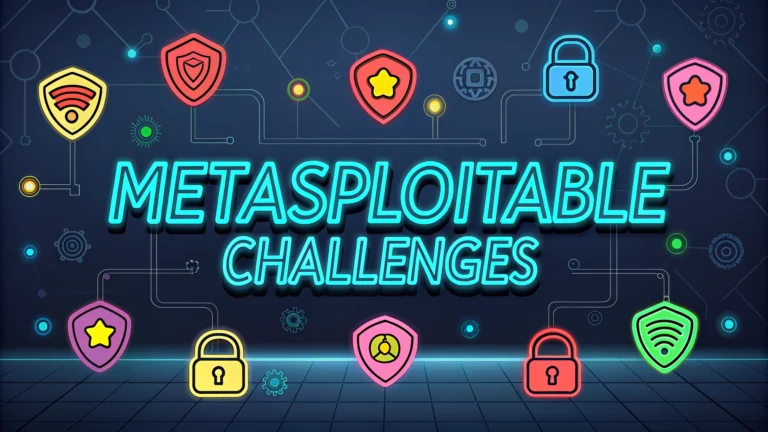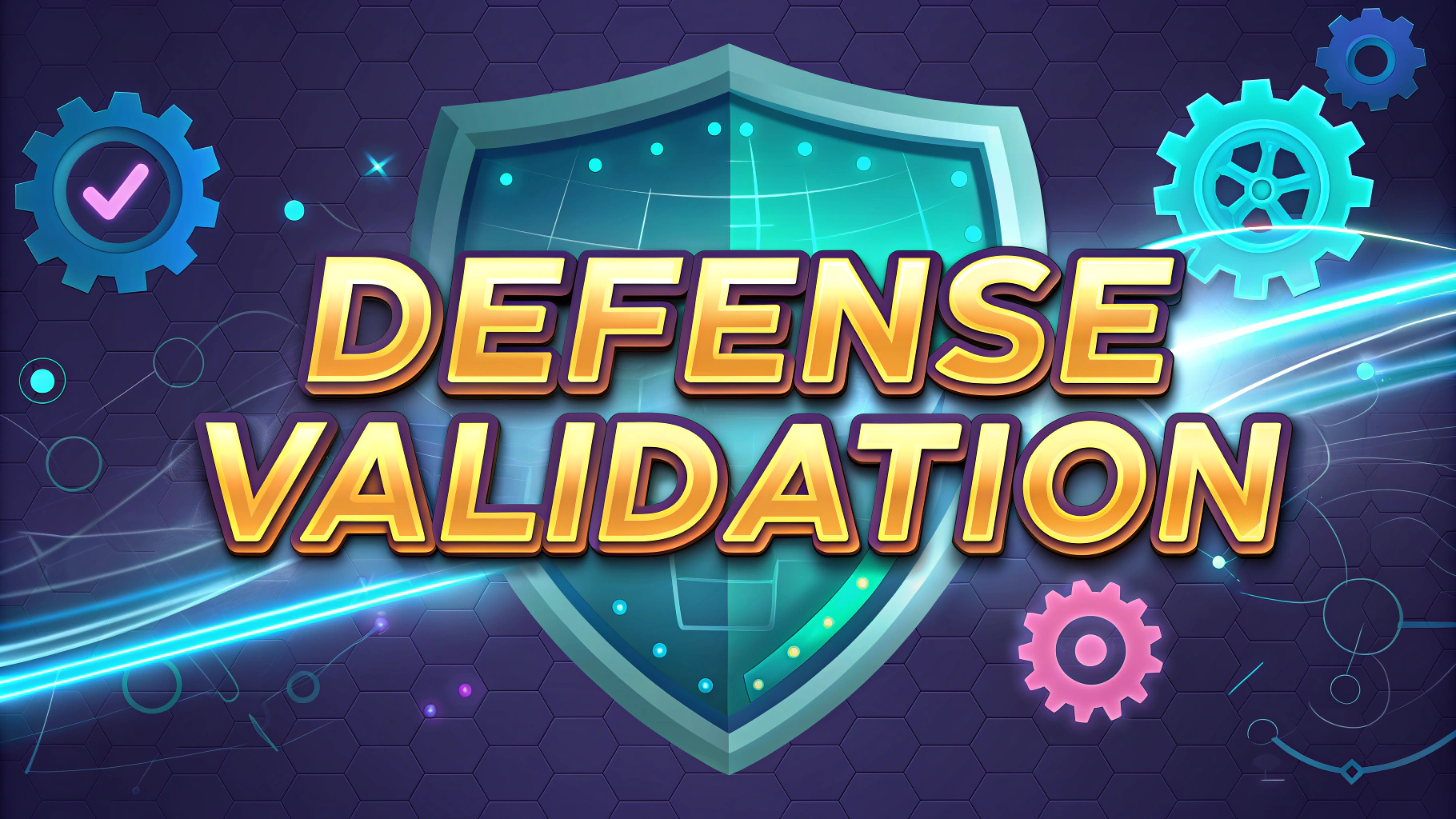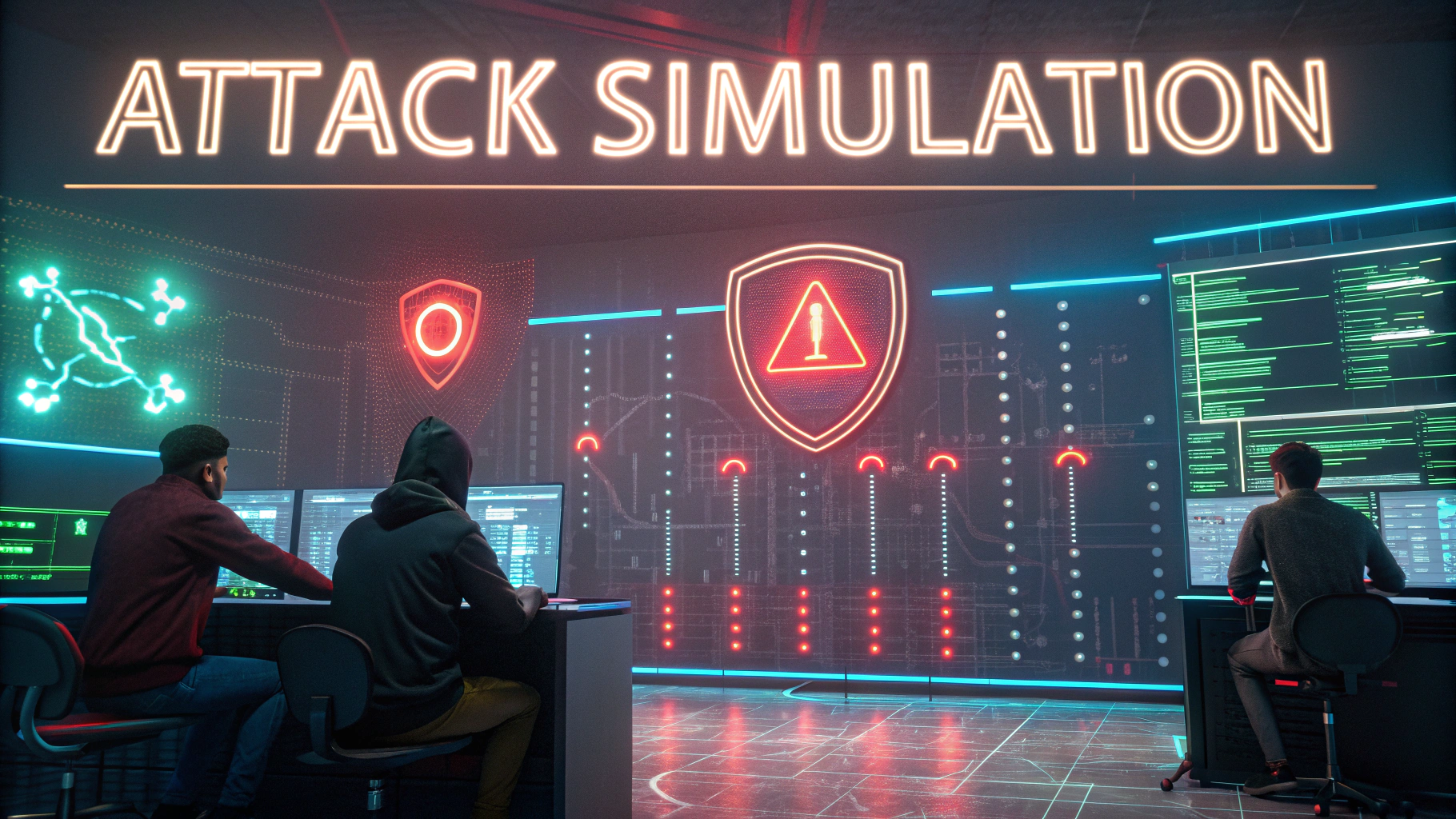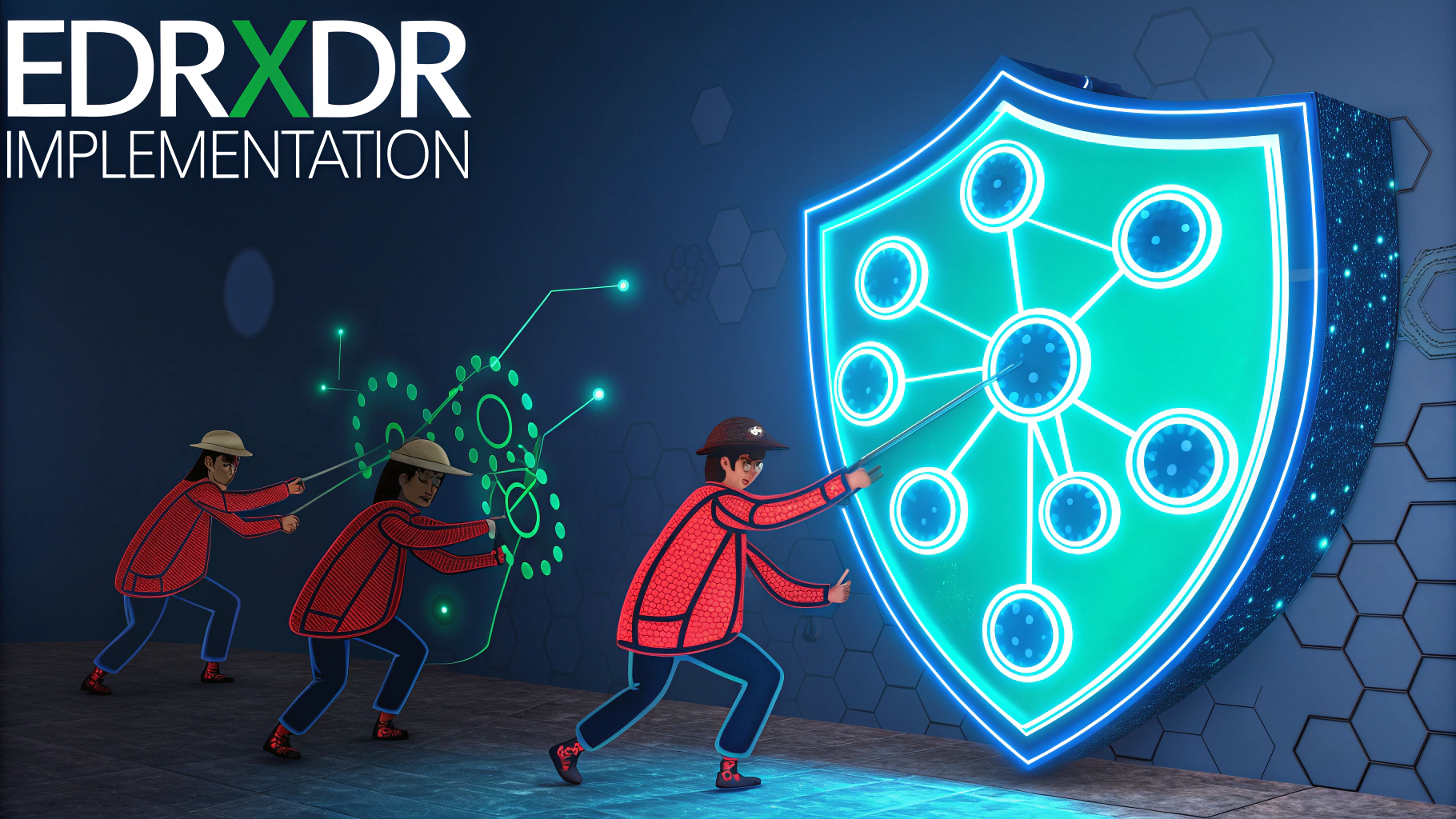Metasploitable is a purposely vulnerable Linux virtual machine designed for security testing and penetration practice.
Security professionals and ethical hackers use this intentionally flawed system to learn about vulnerability assessment, exploitation techniques, and security tool usage in a safe, legal environment.
This guide covers essential Metasploitable challenges and practical solutions for those looking to enhance their penetration testing skills.
Getting Started with Metasploitable
- Download Metasploitable from Sourceforge
- Set up VMware or VirtualBox for running the virtual machine
- Default login credentials: msfadmin/msfadmin
- Configure network settings to NAT or Host-only for safety
Common Vulnerabilities to Explore
| Service | Port | Known Vulnerabilities |
|---|---|---|
| VSftpd 2.3.4 | 21 | Backdoor command execution |
| SSH | 22 | Weak passwords |
| Samba | 139/445 | Remote code execution |
Basic Enumeration Steps
Start with a basic Nmap scan: nmap -sV -p- [target_ip].
- Identify open ports and running services
- Check service versions for known vulnerabilities
- Document findings for systematic testing
- Use tools like nikto for web vulnerability scanning
Web Application Challenges
Focus on DVWA (Damn Vulnerable Web Application) installed on port 80.
- SQL injection opportunities
- Cross-site scripting (XSS) tests
- File inclusion vulnerabilities
- Command injection points
Privilege Escalation Tasks
- Exploit SUID binaries
- MySQL root access (no password set)
- Kernel exploits
- Weak file permissions
Tools for Testing
- Metasploit Framework – exploitation and post-exploitation
- Hydra – password brute forcing
- Dirb/Gobuster – directory enumeration
- SQLmap – database testing
Safety Measures
Run Metasploitable in an isolated network environment to prevent accidental exposure.
- Use dedicated virtual network adapters
- Disable internet access for the VM
- Regular snapshots for quick recovery
- Monitor system resources
Next Steps in Your Learning Journey
Document all successful exploits and techniques for future reference.
- Join security communities for shared learning
- Practice responsible disclosure
- Consider CTF competitions
- Explore other vulnerable VMs like DVWA and VulnHub
Contact the Metasploitable community through the official Rapid7 support channels for additional guidance.
Advanced Exploitation Techniques
Metasploitable offers opportunities to practice advanced exploitation methods beyond basic enumeration.
- Buffer overflow exploitation
- Service-specific attacks
- Custom exploit development
- Post-exploitation data gathering
Network Service Exploitation
FTP Service Attacks
- Anonymous login testing
- Brute force authentication
- Command execution through backdoors
SSH Vulnerabilities
- Key-based authentication flaws
- Protocol version exploits
- Configuration weaknesses
Documentation Best Practices
Maintain detailed records of your penetration testing activities:
- Create step-by-step exploitation guides
- Document successful and failed attempts
- Maintain screenshots of critical findings
- Track vulnerability patterns
Mastering Metasploitable: Moving Forward
Success with Metasploitable requires consistent practice and methodical approach.
- Build a personalized testing methodology
- Contribute findings to security communities
- Apply learned techniques to real-world scenarios
- Stay updated with new vulnerabilities and exploits
- Progress to more complex vulnerable environments
FAQs
- What is Metasploitable and what is its primary purpose?
Metasploitable is an intentionally vulnerable Linux virtual machine designed for security testing and assessment. It’s specifically created to help security professionals practice common penetration testing techniques and exploit vulnerabilities in a safe, legal environment. - Which version of Metasploitable should I start with?
Metasploitable 2 is recommended for beginners as it’s well-documented and has numerous vulnerabilities to explore. Metasploitable 3 offers more advanced challenges but requires more setup and system resources. - What tools are commonly used with Metasploitable?
Common tools include Metasploit Framework, Nmap for port scanning, Nikto for web server assessment, dirb for directory enumeration, and Hydra for brute force attacks. These tools come pre-installed in Kali Linux. - How can I safely set up Metasploitable in my environment?
Use a virtualization platform like VirtualBox or VMware, ensure the virtual network is isolated (host-only or internal network), and never expose Metasploitable to public networks due to its vulnerable nature. - What are the default credentials for Metasploitable?
The default login credentials are username “msfadmin” and password “msfadmin”. These credentials work for both SSH access and local login. - What are some common vulnerabilities found in Metasploitable?
Common vulnerabilities include weak SSH configuration, vulnerable versions of services like VSftpd, unpatched Samba shares, SQL injection vulnerabilities, and outdated web applications like DVWA and Mutillidae. - Can I reset Metasploitable after practicing exploits?
Yes, the best practice is to take a snapshot of the fresh installation using your virtualization software and revert to it after testing. This ensures a clean state for future practice sessions. - How does Metasploitable differ from other vulnerable VMs?
Metasploitable is specifically designed to work with the Metasploit Framework and includes a wider range of vulnerabilities than most other practice VMs. It focuses on Linux-based vulnerabilities and is maintained by Rapid7. - What security precautions should I take when running Metasploitable?
Never run Metasploitable on a production network, always use a dedicated virtual network, disable internet access to the VM, and ensure your host system is properly secured with updated antivirus and firewall protection. - What skill level is required to work with Metasploitable?
Basic understanding of Linux commands, networking concepts, and security fundamentals is recommended. Beginners can start with guided tutorials, while advanced users can explore more complex exploitation scenarios.








